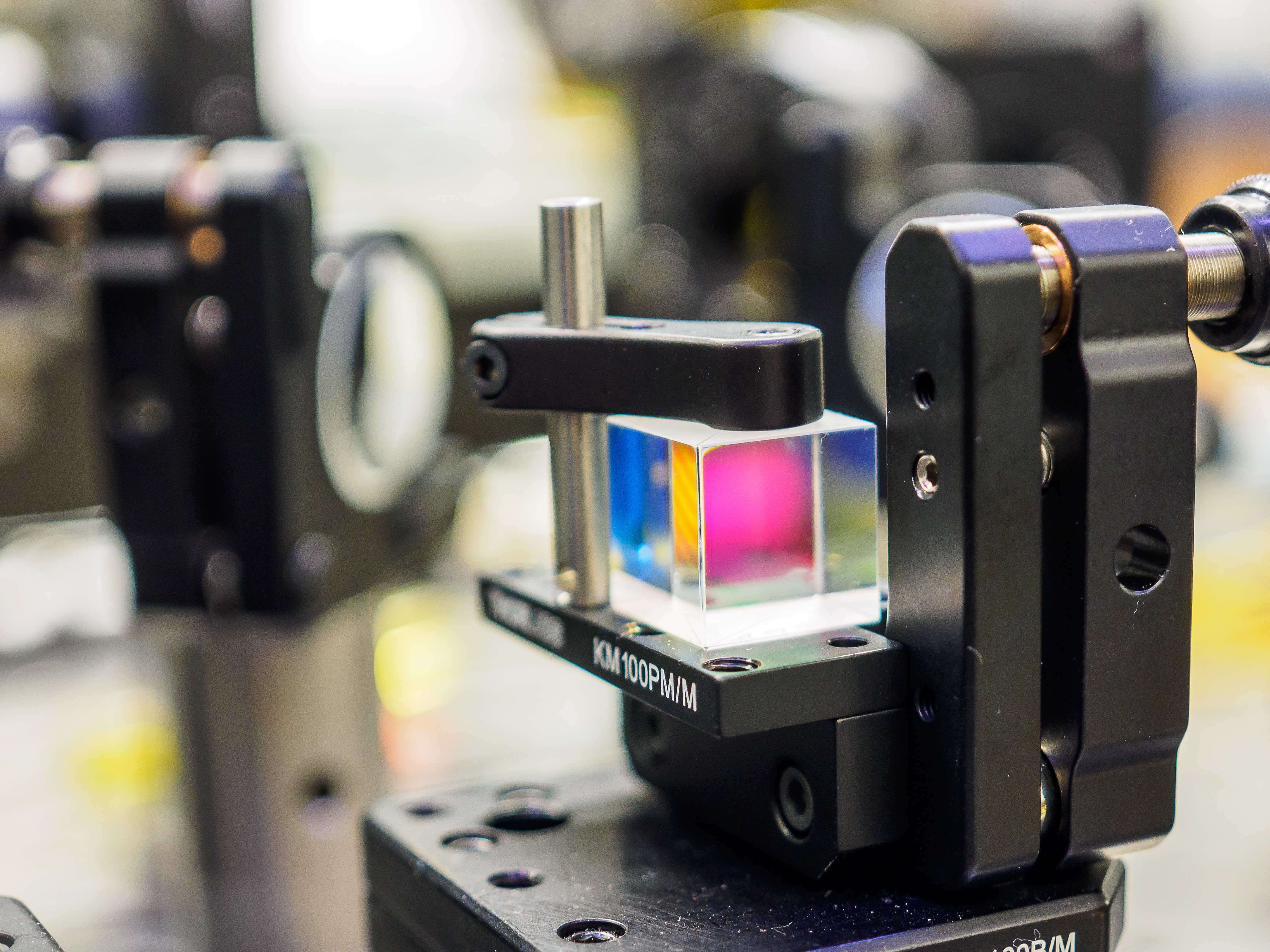
Given the recent progresses in preparing and detecting quantum correlations in cold gases, and the growing interests that we encountered in seeking for further possible developments, we are organizing an interactive workshop, focused more on discussions than on lengthy talks, to stimulate further interactions between theoretical and experimental groups, and to explore the various ideas that came out recently on this subject.
Organisers:
Giuseppe Vitagliano (IQOQI, Vienna) / Matteo Fadel (Universität Basel)
Supported by:
PROGRAM
(please note that small changes might take place during the week):
- 09:00 - 09:15 Welcome
- 09:15 - 10:00 Talk A
- 10:00 - 10:30 Discussion
- 10:30 - 11:15 Coffee break
- 11:15 - 12:00 Talk B
- 12:00 - 12:30 Discussion
- 12:30 - 13:45 Lunch
- 13:45 - 14:30 Talk C
- 14:30 - 15:00 Discussion
- 15:00 - 15:45 Talk D
- 15:45 - 16:15 Discussion
- 16:15 - 17:00 Coffee break
- 17:00 - 17:45 Talk E
- 17:45 - 18:15 Discussion
1A) "Detecting entanglement in a many-body system with finite statistics", Jean-Daniel Bancal
1B) "Device-independent witnesses of entanglement depth from two-body correlators and their optimization", Jordi Tura
1C) "Metrological entanglement detection of non-Gaussian and multimode states", Manuel Gessner
1D) "Entanglement between two spatially separated atomic modes", Geza Toth
1E) Discussion Time
---------------------------------------------------------------------------------------------------------------------------------------
2A) "Entanglement detection in spinor BECs", Philipp Kunkel, Martin Gärttner
2B) "Entanglement between identical particles is a useful and consistent resource", Benjamin Yadin
2C) "Towards an 'experimental minimum' to witness bipartite entanglement in many-body systems", Tommaso Roscilde
2D) "Constructing Bell inequalities for many-body systems: a data-driven approach", Irénée Frérot
2E) "Extreme entanglement generation in hot, strongly-interacting atomic gases", Morgan Mitchell
---------------------------------------------------------------------------------------------------------------------------------------
3A) "Perspectives for the preparation and detection of correlations in a SU(10) strontium antiferromagnet", M. Robert-de-Saint-Vincent
3B) "If life gives you ultracold lemons, certify high-dimensional entanglement", Nicolai Friis
3C) "Detecting entanglement in large ensemble of large spin atoms", Laurent Vernac
3D) "Non-local correlations in spin-1 quantum many-body systems", Albert Aloy, Jordi Tura
3E) "Connector tensor networks: scalable witnesses for entanglement and nonlocality", Miguel Navascues
---------------------------------------------------------------------------------------------------------------------------------------
4A) T.B.D., Schmiedmayer group
4B) "Tomography for continuous field quantum simulators", Marek Gluza
4C-E) Discussion Time
Information
The participation is free and no registration is required
Beginning: 03.02.2020, 9am
End: 06.02.2020, 6pm
Location: Austrian Academy of Sciences, Herbert-Hunger-Haus, Theatersaal,
Sonnenfelsgasse 19, 1010 Wien

